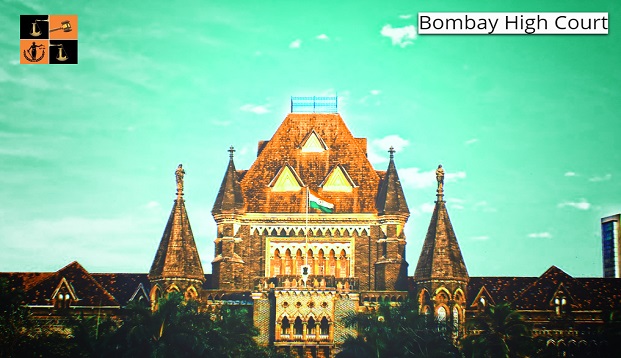Film actor and critic Kamal R Khan, also known as KRK, has approached the Bombay High Court to challenge a First Information Report (FIR) registered against him in 2020. The FIR was filed against Khan for defamation and promoting enmity between groups after he posted a critical review of the Hindi film Laxmii, starring Akshay Kumar.
A division bench of Justices Nitin Sambre and RN Laddha has sought a response from the State on Khan's petition and scheduled the matter for a hearing on September 5.
The FIR against KRK was registered under Sections 153A (promoting enmity between groups), 294 (obscenity), 500, 501 (defamation), and 505 (statements conducing to public mischief) of the Indian Penal Code. The complaint leading to the FIR was lodged by Rahul Kanal, a member of the Eknath Shinde faction of the Shiv Sena. Kanal alleged that Khan's review and remarks about the film were intended to incite animosity between Hindus and Muslims, potentially leading to clashes between the groups.
In his petition before the high court, Kamal R Khan asserted that the FIR was an abuse of the process of law and lacked any valid grounds for his prosecution. He raised suspicions that the FIR may have been filed due to his political affiliations, as he had contested elections against the candidate of a certain political party. He contended that the FIR did not disclose any offence committed by him and, therefore, should be quashed.
Additionally, Khan sought a stay on any further actions related to the FIR, including the filing of a chargesheet.
Advocates Ashok Saraogi and Akash Singh, representing KRK, argued that criticism of a film with personal opinions should not be considered an offence. They maintained that expressing one's opinion about a movie is a legitimate exercise of freedom of speech and cannot be deemed a criminal act.
The high court has taken cognizance of the petition and asked for a response from the relevant authorities. The matter is scheduled for further consideration on September 5. As the legal proceedings unfold, the court's decision will play a crucial role in defining the boundaries of freedom of expression and criticism in the context of film reviews and public discourse.
Source: Link
Picture Source :


























